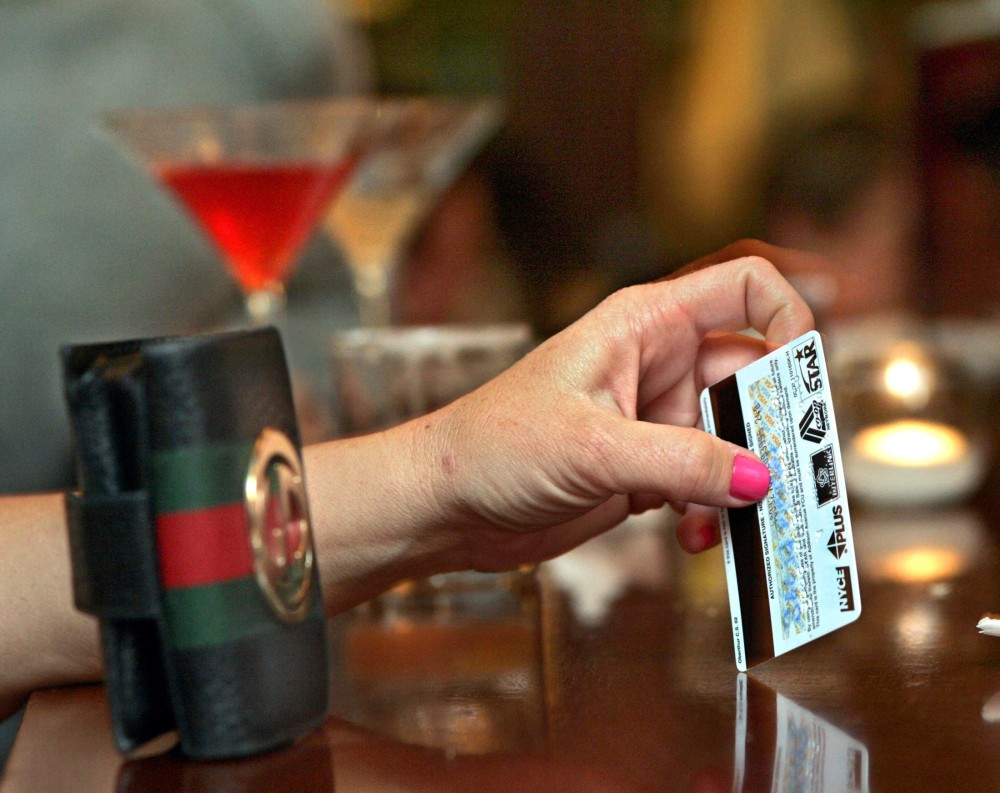By Meghan Daum
Los Angeles Times.
Buzzfeed, the esteemed research institution that brought us such self-tests as “Which Muppet Are You?” and “How in Love With Cheese Are You?,” posted a new one last week that has proved especially popular: “How Privileged Are You?
buy viagra soft generic buy viagra soft online no prescription
”
With 100 true-or-false questions ranging from “I am white” and “I am male” to “I am comfortable in the gender I was born” and “I have had an unpaid internship,” the questionnaire places users in one of four categories: underprivileged, not privileged, quite privileged and most privileged.
It’s not exactly scientific. For instance, being unfamiliar with student loan financing service Sallie Mae doesn’t necessarily correlate with privilege, as the quiz suggests. For everyone lucky enough to graduate without debt, there are countless others for whom having the “problem” of paying for college is itself an unattainable dream.
Nevertheless, “How Privileged Are You?” has struck a nerve. “I got a 59! I’m quite privileged!” quiz takers will announce on Facebook and elsewhere, at which point a chorus of friends will chime in with their own scores and wonder aloud whether unpaid internships obviate, or at least mitigate, the hardships of being part of a racial or religious minority, or not being heterosexual, or not identifying with the gender you were assigned at birth.
As often happens around issues of class and status, many people in these conversations employ a jocular, somewhat tongue-in-cheek tone that belies a deep anxiety about how their own level of privilege is perceived. On my Facebook feed at least, most posters fit into the middle two categories: not privileged or quite privileged. Apparently extreme advantage or disadvantage is not the kind of thing you want to advertise.
Of course, it’s entirely likely that most of the quiz takers (which is to say, most Buzzfeed readers and social media users) do in fact occupy the middle categories. Perhaps it’s not that the least and most privileged aren’t posting their results but that they’re too busy struggling against their challenges or enjoying the benefits of their exceptionalism to take online quizzes.
But even if “How Privileged Are You?” doesn’t do a perfect job of answering the question it poses, the reaction it has drawn tells us something important: Americans are heavily invested in seeing privilege as something self-determined rather than preordained.
For all our preoccupation with wealth, the American success story isn’t about being born with advantages so much as acquiring them over time, preferably via our own bootstrap efforts.
But it can be hard to find the sweet spot. It’s good to make your own luck: that confers respect. But you don’t want to admit to having too rough a road because that invites pity. And as enviable as it might be to be born lucky, you don’t want to sound those trumpets too loudly, lest it became obvious how little you’ve done to merit your good fortune.
So when Facebook users let their friends know that they have it neither terribly difficult nor terribly easy, they’re really indicating that they don’t deserve the disdain associated with having too little or too much. They’re saying, “I deserve some measure of respect instead; I got where I am at least partially under my own steam.”
But the idea that social and economic mobility is tied tightly to hard work is an increasingly mythical one. A lot of bootstraps are destined to break before their wearers even have a chance to pull on them. What’s more, a lot of people who once enjoyed a degree of base-line privilege, like white men in blue-collar jobs, have seen it disappear.
And maybe that’s why “How Privileged Are You?” has been such a hit. In a country whose middle and working classes are shrinking into oblivion, the quiz may be designed to allow most people to skew somewhere in the center and feel good enough about that to let everyone know.
On the other hand, in a world where more than 10 percent of people don’t have access to safe drinking water, privilege, like everything else, is relative. One Buzzfeed user came up with an abbreviated version of the privilege quiz. It had just two questions: “Do you live in America?” and “Are you doing this quiz on a computer?”
Yes? Then you know what you are.














































































































































































































































































































































































